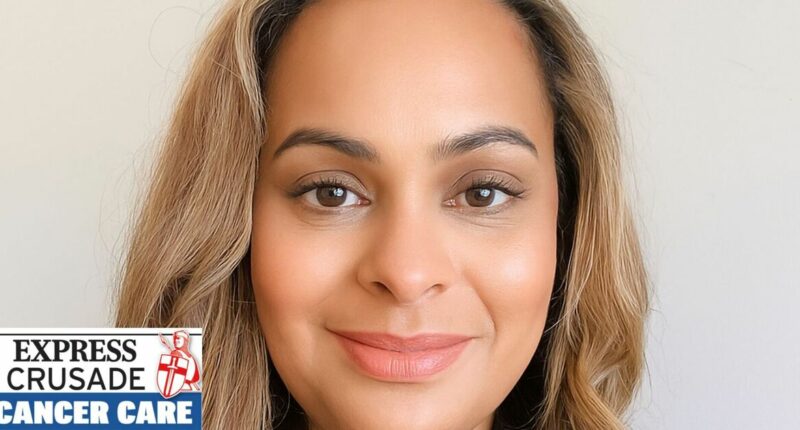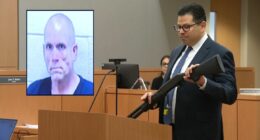Share this @internewscast.com
Being an oncologist often feels like navigating the delicate intersection of science and human suffering, where every decision teeters between hope and despair. Each patient consultation demands a precise blend of medical expertise and emotional sensitivity, transforming us from caregivers into messengers of life-altering news. It’s during these pivotal moments that our words define how patients first perceive their new reality.
Delivering bad news is a task that never truly gets easier. Regardless of experience or communication skills, the moment before revealing the truth always carries a heavy weight. Informing someone of a cancer recurrence or treatment failure envelops the room in a profound silence that persists long after the discussion concludes.
We are trained to remain composed, articulate, and empathetic, yet the emotional burden we carry is rarely acknowledged. Each patient’s story lingers with us, their faces etched into our memories, silently accumulating over time.
For patients, receiving a diagnosis signifies the start of an uncharted journey, one they neither expected nor desired to be part of their lives.
As one patient eloquently expressed, it feels akin to embarking on a challenging hike after missing the initial briefing, despite having planned a completely different, self-determined journey.
Suddenly, they find themselves navigating a path dictated by scans, blood tests, and treatment regimens, surrounded by medical professionals speaking a language they are just beginning to understand.
Their needs are deeply personal, often very different from our professional focus. While we concentrate on disease control, evidence-based decisions, and survival statistics, patients are grappling with fear, uncertainty, loss of control, and the redefinition of their identity.
Mental health support becomes vital not as an optional extra, but as part of holistic care, as essential as radiotherapy, chemotherapy or surgery. Yet, despite our best intentions, providing that support can be difficult within the reality of modern oncology.
Clinics are full, resources are limited, and time feels perpetually short. Psycho-oncology or counselling services are often stretched thin, with long waiting lists. In the rush to manage investigations, treatments, and follow-ups, the emotional needs of patients as well as clinicians can become overshadowed.
As a clinical lead for Oracle Voices at Oracle Head and Neck Cancer UK I advocate for better mental health provision for cancer patients. This is why I’m supporting the Daily Express’s Cancer Care campaign, to ensure cancer patients get mental health support both during and after treatment.
We see resilience in our patients daily, but we also see despair, anxiety and fatigue. We encourage them to speak up about these struggles, seek help early, and remember they are more than their diagnosis. But we rarely give ourselves the same permission.
The emotional burden of oncology, delivering bad news, witnessing suffering, and balancing hope and realism can slowly erode our own mental health.
Burnout, compassion fatigue, and emotional exhaustion are real risks. It takes conscious effort not to lose our humanity while caring for others.
Maintaining empathy while preserving one’s own wellbeing is a delicate balance, but one we must learn to protect. Peer support, reflective practice and open discussion of emotional strain should not be signs of weakness, but of professionalism. As much as our patients need compassionate care, we also need compassionate systems that care for us.
Supporting mental health in cancer care must therefore work in both directions. For patients, it means accessible psychological and emotional support embedded within oncology services, not an afterthought.
For clinicians, it means a culture where emotional resilience is nurtured, where it’s acceptable to say, “This was a hard day.” and where seeking help is encouraged. Ultimately, patients and oncologists share a common vulnerability, facing uncertainty and the limits of control.
Recognising that shared humanity can transform how we approach care. When we take time to listen, to acknowledge the emotional realities on both sides, and we restore some of the balance that cancer so often disrupts.
Ultimately, oncology is not just about prolonging life; it’s about preserving the quality of life for those we treat and ourselves. The science of what we do may continue to evolve, but the heart of it remains unchanged: connection, compassion, and the courage to care even when it hurts.
Dr Zsuzsanna Iyizoba-Ebozue is an oncologist and is clinical lead at Oracle Voices at Oracle Head and Neck Cancer UK













